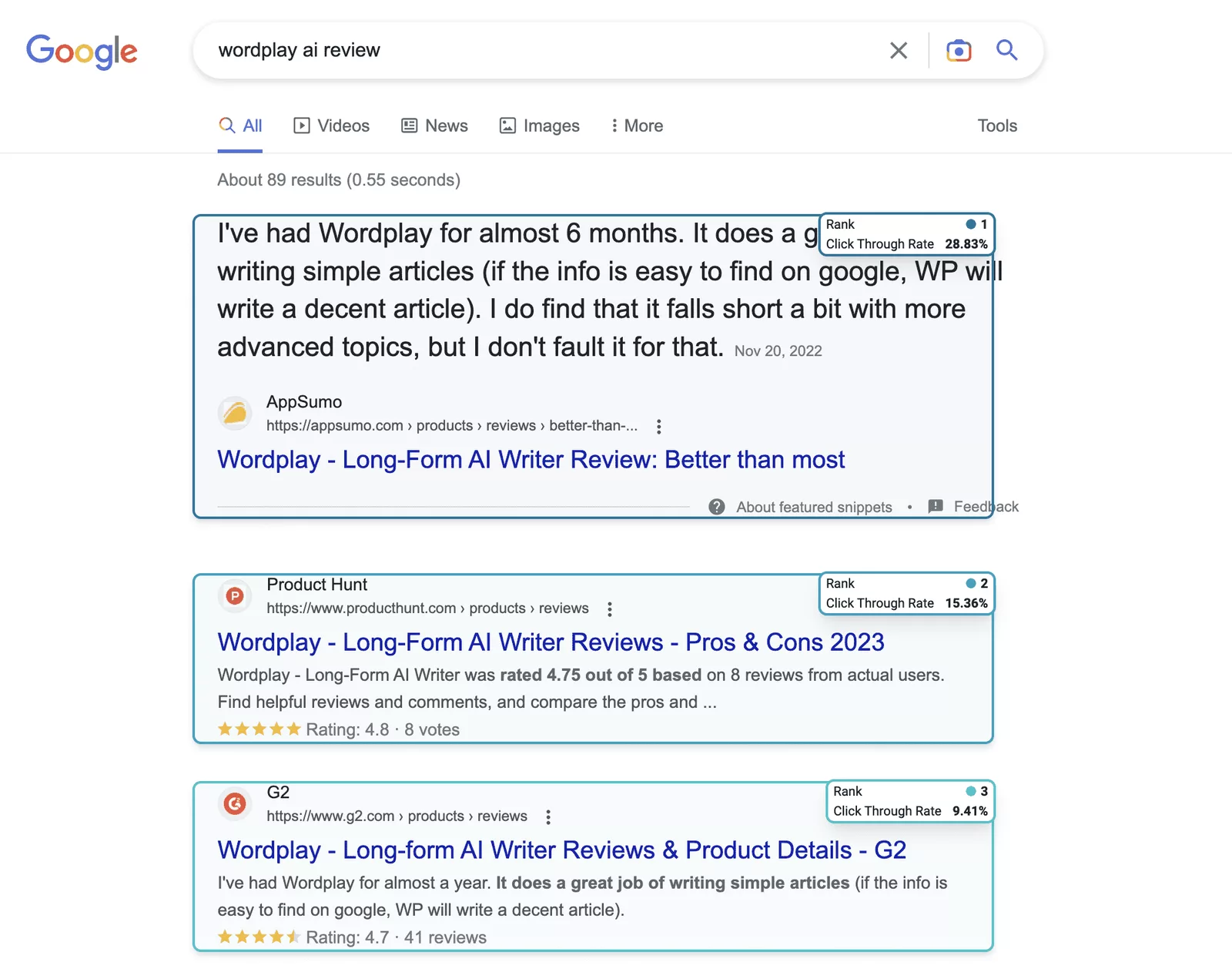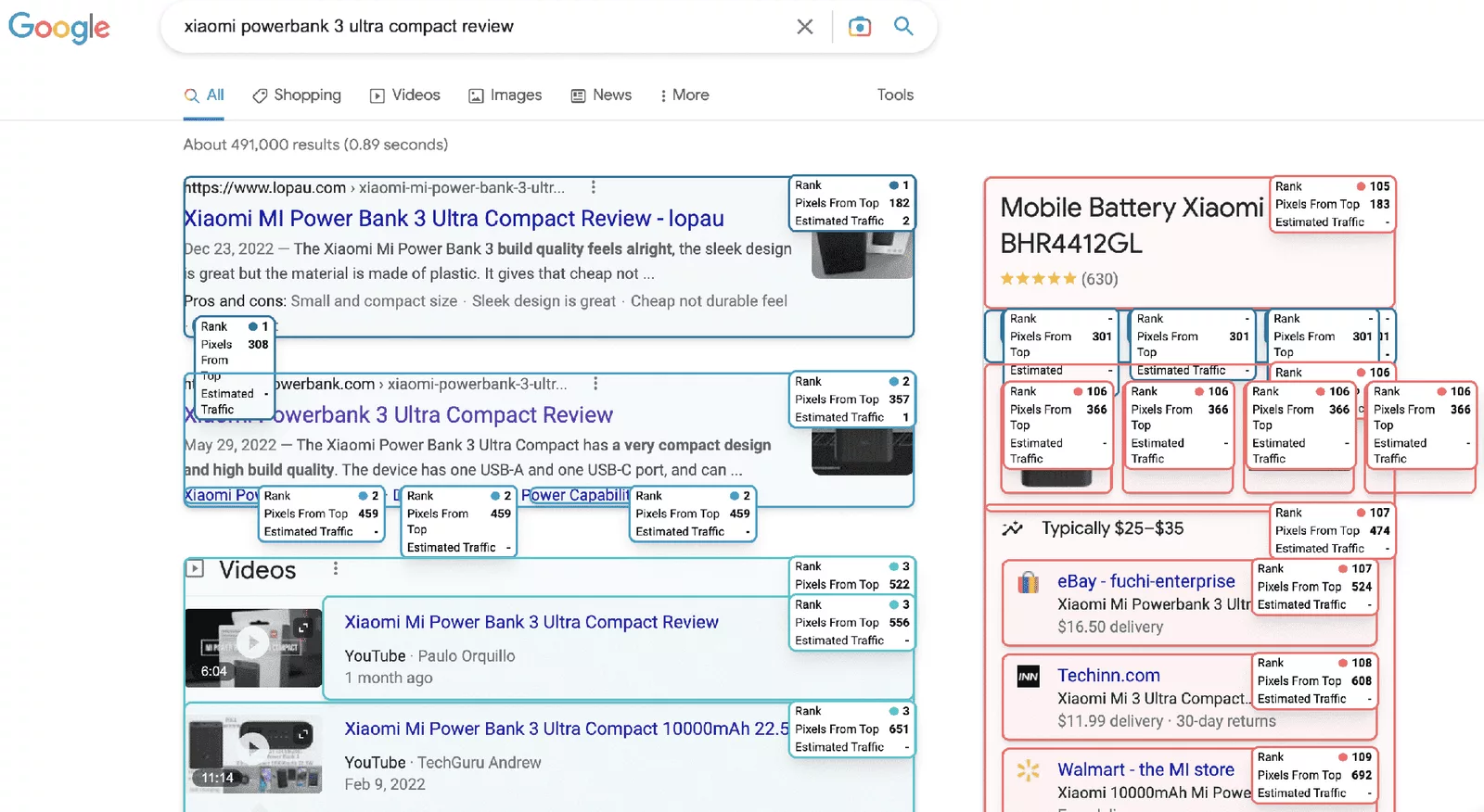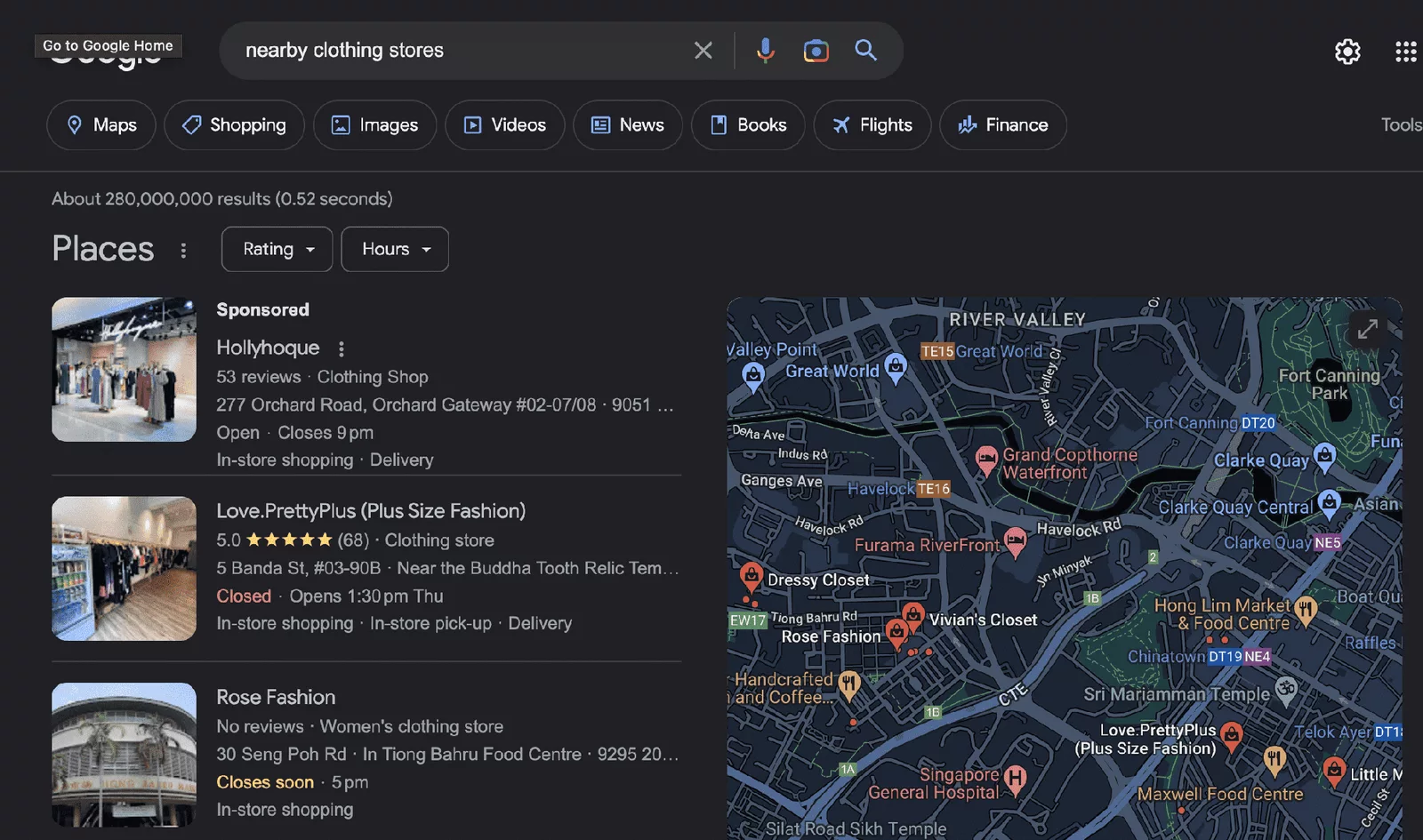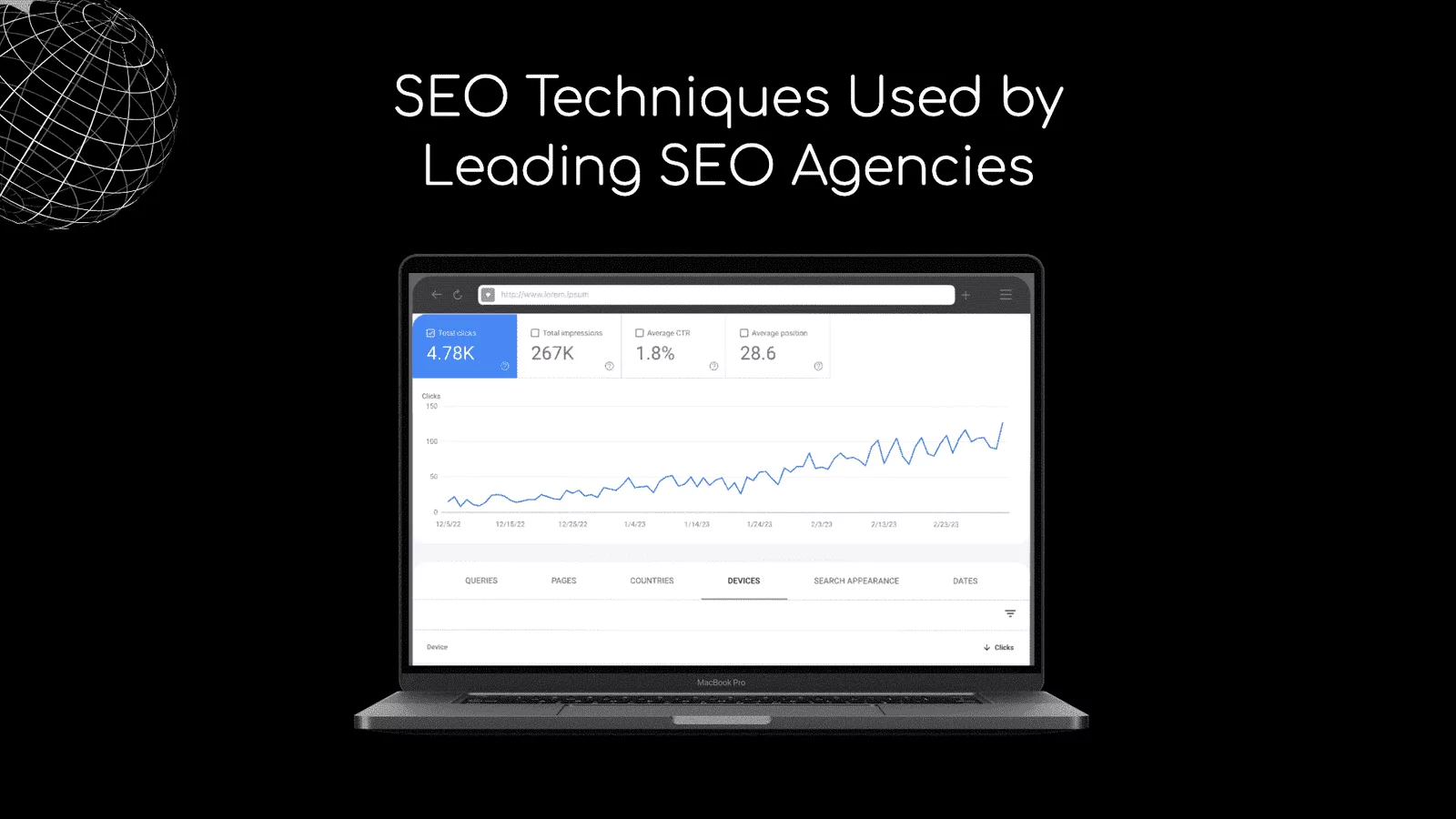The Helpful Content Update is a Google algorithm update that evaluates and updates content that is not particularly helpful to users. This update was first introduced in August 2023 and was completed in September 2023. The goal of this update is to improve the rankings of websites that provide helpful and relevant content to users.
Google’s Helpful Content Updates are designed to improve the overall quality of search results. The updates evaluate content based on its usefulness to users and provide rankings based on that evaluation. Websites that provide helpful and relevant content to users are ranked higher in search results, while those that do not provide helpful content may see a drop in their rankings.
The impact of the Helpful Content Update on search results can be significant. Many websites have seen their rankings improve or decline depending on the quality of their content. It is important for website owners to understand the impact of this update and to ensure that their content is helpful and relevant to users. This can be achieved by creating high-quality content that is informative, engaging, and easy to read.
Key Takeaways
- Google’s Helpful Content Updates evaluate content based on its usefulness to users and provide rankings based on that evaluation.
- Websites that provide helpful and relevant content to users are ranked higher in search results, while those that do not provide helpful content may see a drop in their rankings.
- It is important for website owners to create high-quality content that is informative, engaging, and easy to read to ensure that their content is helpful and relevant to users.
Understanding Helpful Content

The Helpful Content Update is a search algorithm update implemented by Google in September 2023. This update aims to enhance the quality of search results by rewarding people-first content and devaluing content written for search engines. The goal is to ensure that users see original, helpful content created for people in search results.
What Makes Content Helpful
Helpful content is content that provides value to the user. It is content that answers the user’s query and helps them achieve their goal. Helpful content is also original, trustworthy, and engaging. It is content that is expertly written, well-researched, and provides a unique perspective on a topic.
In order to create helpful content, it is important to understand the user’s intent. This means understanding what the user is looking for and what they hope to achieve by performing a search. Once you understand the user’s intent, you can create content that is tailored to their needs.
The Role of AI in Content Creation
Artificial intelligence (AI) plays an important role in content creation. Google’s classifier uses AI to understand the content on a website and determine whether it is helpful or not. The classifier looks at factors such as expertise, authoritativeness, and trustworthiness to determine the quality of the content.
AI can also be used to help create content. For example, AI tools can be used to analyze search data and identify topics that are popular among users. This information can then be used to create content that is tailored to the user’s needs.
Overall, creating helpful content is essential for ranking well in search results. By understanding the user’s intent and creating content that is tailored to their needs, businesses can create content that is both helpful and engaging. By using AI to analyze content and identify popular topics, businesses can create content that is both high-quality and relevant to their audience.
Google’s Helpful Content Updates
Google’s Helpful Content Updates are a series of algorithm updates that aim to improve the quality of search results by rewarding websites that produce original, high-quality content that is useful to users. The updates are designed to combat the practice of content farming, which involves creating low-quality content in large quantities in order to manipulate search rankings.
September 2023 Helpful Content Update
The September 2023 Helpful Content Update is the latest iteration of Google’s Helpful Content Updates. The update modifies the guidelines for the Helpful Content System, which generates a signal used by Google’s automated ranking systems to ensure that people see original, helpful content created for people in search results.
The update alters guidance on AI content and third-party content hosting. Google provides new advice on how to create high-quality content that meets the needs of users. The update also encourages website owners to demonstrate first-hand experience and expertise in their content.
December 2022 Helpful Content Update
The December 2022 Helpful Content Update was the first of the Helpful Content Updates. The update aimed to reward websites that produce original, high-quality content that is useful to users, and to penalize websites that engage in content farming.
The update introduced a new algorithm that evaluated the quality of content on a website, and used this evaluation to determine the website’s search ranking. The algorithm looked at factors such as the relevance, accuracy, and depth of the content, as well as the website’s overall reputation and authority.
Overall, Google’s Helpful Content Updates are an important tool for website owners who want to improve their search rankings and attract more traffic to their sites. By following the guidelines set out in the updates, website owners can create high-quality content that meets the needs of users and helps them achieve their goals.
Impact on Search Results

The September 2023 Helpful Content Update has had a significant impact on search results. This update has brought about changes to the ranking system, resulting in adjustments to the way search rankings are determined. It has also provided an opportunity for websites to recover from ranking drops.
Ranking Adjustments
Google’s ranking system has been modified to better identify and reward websites that provide helpful and original content. The update has brought about changes to the way Google’s algorithms evaluate the quality of content, with an emphasis on helpfulness. Websites that provide high-quality, helpful content are more likely to receive a boost in rankings, while those that do not may see a drop in rankings.
The update has also placed greater emphasis on original content. Websites that provide original, unique content are more likely to rank higher in search results. Conversely, websites that rely on duplicate or low-quality content may see a drop in rankings.
Recovery from Ranking Drops
The Helpful Content Update has also provided an opportunity for websites to recover from ranking drops. Websites that were previously penalized for low-quality or duplicate content may see an improvement in rankings if they make the necessary changes to their content.
However, recovery may not be immediate, and websites may need to wait until the next core update to see significant improvements in rankings. It is important for website owners to continue to provide high-quality, original, and helpful content to maintain and improve their search rankings.
The September 2023 Helpful Content Update has had a significant impact on search results. The update has brought about changes to the ranking system, with an emphasis on helpfulness and originality. This update has also provided an opportunity for websites to recover from ranking drops by improving the quality of their content.
Website and Content Quality

As part of the Helpful Content Update, Google aims to ensure that people can easily find high-quality and helpful content when they search. For website owners and content creators, this means that it is more important than ever to focus on producing quality content that meets Google’s guidelines.
Guidelines for Quality Content
Google has provided documentation outlining what they consider to be quality content. Some of the key guidelines include:
- Producing unique and valuable content that is not available elsewhere on the web.
- Demonstrating unique expertise and experience in the content.
- Providing helpful information on a specific topic.
- Writing clearly and accurately, using correct grammar and spelling.
- Ensuring that the content is easy to read and understand.
- Providing content in multiple languages, if relevant.
By following these guidelines, website owners and content creators can ensure that their content is more likely to be seen as high-quality by Google’s algorithms.
Addressing Unhelpful Content
In addition to promoting quality content, Google is also taking steps to address unhelpful content. This includes content that is:
- Duplicative or copied from other sources.
- Thin or lacking in substance.
- Written primarily to rank in search results, rather than to provide value to users.
- Misleading or inaccurate.
If website owners or content creators find that their content falls into any of these categories, they should take steps to improve it. This may involve making adjustments to the content itself, or to the signals that Google uses to rank the content.
To ensure that their content meets Google’s standards, website owners and content creators should regularly self-assess their content. This involves evaluating the content against the guidelines for quality content, as well as considering their unique expertise and first-hand experience.
By producing high-quality and helpful content, website owners and content creators can ensure that their content is more likely to be seen by users around the world. This is especially important for product reviews and other types of content that are relevant globally.
Third-Party Content and Hosts
Google’s September 2023 Helpful Content Update has introduced new guidelines for hosting third-party content. Here are some key takeaways for hosts:
Hosting Third-Party Content
If you host third-party content on your website, it may be included in site-wide signals generated by Google, such as the helpfulness of content. This means that it is important to ensure that any third-party content hosted on your website is high-quality and relevant to your audience.
Subdomains and Micro-Sites
Google’s Helpful Content System is cracking down on third-party content hosted on subdomains or micro-sites. If you host third-party content on a subdomain or micro-site, it is important to ensure that the content is of high-quality and relevant to your audience.
In summary, hosts should be aware of the guidelines for hosting third-party content outlined in Google’s September 2023 Helpful Content Update. It is important to ensure that any third-party content hosted on your website is high-quality and relevant to your audience, and to avoid hosting third-party content on subdomains or micro-sites unless it is of high-quality and relevant to your audience.
Content Removal and Updates

Removing Content
Google’s Helpful Content Update emphasizes the importance of having high-quality, original, and helpful content on websites. This means that websites that host low-quality, unoriginal, or misleading content may be penalized. If a website owner wants to improve their website’s ranking, they may need to remove any content that does not meet Google’s standards.
Removing content from a website can be a daunting task, especially for large websites with many pages. However, it is important to ensure that all content is up-to-date, accurate, and relevant. Google’s algorithms are constantly evolving, and outdated or inaccurate content can negatively impact a website’s ranking.
To remove content from a website, website owners can use a variety of methods, including:
- Deleting the content from the website
- Redirecting the URL to a relevant page
- Using the “noindex” meta tag to prevent the content from appearing in search results
It is important to note that removing content may not always be the best solution. If the content is valuable and relevant to users, website owners may want to consider updating it instead.
Changing Dates on Content
Another way to improve the quality of a website’s content is by updating the dates on older content. This can help to show users that the content is up-to-date and relevant. However, changing dates on content can also be risky, as it may lead to confusion among users and search engines.
If website owners choose to update the dates on older content, they should be careful to ensure that the content has actually been updated and is still relevant. They should also avoid changing the date too frequently, as this may be seen as spammy or manipulative.
In conclusion, removing low-quality or outdated content and updating older content can help to improve a website’s ranking and provide users with more valuable and relevant information. Website owners should carefully consider their options and ensure that any changes they make are in line with Google’s guidelines for helpful content.
Additional Resources
For those looking to learn more about the Helpful Content Update, there are a few resources that can provide more insights. Below are some of the most helpful resources to check out:
Search Engine Journal Insights
Search Engine Journal is a leading source of information for digital marketers and SEO professionals. The site has published several articles about the Helpful Content Update, including a comprehensive guide to the update and its impact on search rankings. The guide provides a detailed breakdown of the update and offers tips for creating content that meets the new guidelines. Additionally, Search Engine Journal has published several case studies that demonstrate the impact of the update on real-world websites.
Google’s FAQ on Content Updates
Google has released a FAQ page that provides answers to some of the most common questions about the Helpful Content Update. The page covers topics such as what the update is, how it works, and how it affects search rankings. Additionally, the FAQ page provides guidance on how to create content that meets the new guidelines. The page is a great resource for those looking to learn more about the update straight from the source.
Overall, these resources can provide valuable insights into the Helpful Content Update and its impact on search rankings. By staying up-to-date on the latest information, digital marketers and SEO professionals can adjust their strategies accordingly and ensure that their content meets the new guidelines.
Conclusion
The Google Helpful Content Update aims to improve the quality of web content and ensure that users receive the most relevant and helpful search results. This update is focused on promoting people-first content that provides value to users, rather than search engine-first content that is designed to manipulate search rankings.
While this update has received some criticism from publishers who believe it unfairly penalizes certain types of content, Google has emphasized that the goal is to provide the best possible user experience. In order to achieve this, webpages must prioritize factors such as page experience, relevance, and usefulness.
As a result of the Helpful Content Update, many publishers have been forced to re-evaluate their content strategies and focus on creating high-quality, informative content that meets the needs of their target audience. This has led to a renewed emphasis on newsletter services and social media platforms such as Twitter, which allow publishers to engage directly with their readers and provide them with valuable content.
Overall, the Helpful Content Update is a positive development for both users and publishers, as it encourages the creation of high-quality content that meets the needs of users while also promoting transparency and fairness in search rankings. While there may be some initial challenges for publishers as they adjust to the new guidelines, the long-term benefits of this update are likely to be significant.



